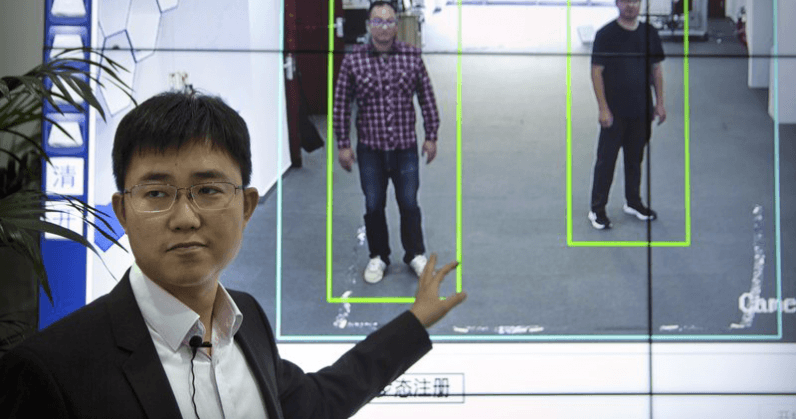Robert Steele: The Second American Revolution – Reflections on the Near Future
 Professor Igor Panarin, a most distinguished Russian intelligence officer and strategic forecaster, is the dean of the Russian school for future diplomats.[1] I salute his work, and particularly admire and wish to support his idea of a joint Russian-American information-analytical anti-crisis centre. Here and now I will focus on his prediction, in 1998, that the United States of America (USA) would disintegrate by 2010, and be Balkanized into five regions as shown below.[2]
Professor Igor Panarin, a most distinguished Russian intelligence officer and strategic forecaster, is the dean of the Russian school for future diplomats.[1] I salute his work, and particularly admire and wish to support his idea of a joint Russian-American information-analytical anti-crisis centre. Here and now I will focus on his prediction, in 1998, that the United States of America (USA) would disintegrate by 2010, and be Balkanized into five regions as shown below.[2]
Focusing only on the fundamentals – a dysfunctional election system that disenfranchises 70% of the eligible voters;[3] a wanton citizenship system that has granted US citizenship to as many as 5 million Chinese ready to vote as directed in future elections;[4] a dollar that is not backed by anything combined with a criminal banking system; a water, food, and air system that is toxic by design,[5] creating fat stupid people;[6] and an information ecology that is completely controlled by the Deep State and Shadow Government to the point that fake news is now the national standard[7] – Professor Panarin is correct.




/arc-anglerfish-arc2-prod-mco.s3.amazonaws.com/public/5BVGQF42AFDKVPKJ3FZXNRURSI.jpg)
![Snowden leaked thousands of classified documents in 2013 which revealed surveillance of private data put in place after the 9/11 attacks [EPA]](https://www.aljazeera.com/mritems/imagecache/mbdxxlarge/mritems/Images/2017/1/7/a8d61e85e0d04337b9be8f9a4278df7b_18.jpg)












.JPG?ext=.jpg)



